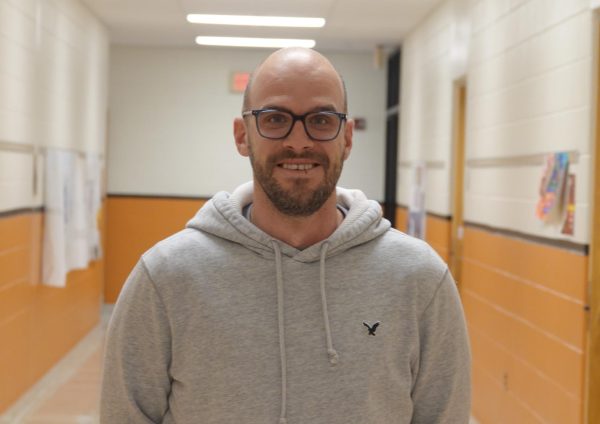Quarantine and Depression
While the quarantine may help keep people physically healthy, mental health can suffer. Here’s what you can do…
Isolating from the rest of society may protect people from being infected with a physical illness, but makes more people susceptible to getting a mental illness.
The year started with an epidemic that developed into a pandemic as COVID-19 spread from Wuhan, China to the rest of the world pushing everyone into mass hysteria with drastic measures being taken.
A shelter in place mandate was set in place on April 1 for all 67 Pennsylvania counties.
“This is the most prudent option to stop the spread of COVID-19 across our commonwealth, where cases continue to grow daily,” Gov. Wolf said, “We appreciate the shared sacrifice of all 12.8 million Pennsylvanians\; we are in this together and this statewide stay-at-home order is being made after many discussions with multiple state agencies\; Dr. Levine\; and state, county and local officials as we continue to monitor the most effective ways to save lives and stop the spread of COVID-19.”
Isolating from the rest of society may protect people from being infected with a physical illness, but makes more people susceptible to getting a mental illness.
The shelter in place mandate forced schools to close along with nonessential businesses.
Because all schools have closed all school functions have been cancelled. These functions include: basketball, wrestling, track, drama, baseball, softball, indoor percussion, graduation, prom, and other traditional post-graduation celebrations.
The shelter in place mandate forces people to isolate from friends, family and coworkers to minimize the transmission of the pandemic. Isolating from the rest of society may protect people from being infected with a physical illness, but makes more people susceptible to getting a mental illness.
“There is robust evidence that social isolation and loneliness significantly increase the risk for premature mortality, and the magnitude of the risk exceeds that of many leading health indicators,” Psychiatrist Holt Lunstad says.
Symptoms of depression include a constant glum or dreary mood, a lack of interests that they once saw enjoyable, a sudden change in appetite unrelated to diet, sleeping too much or too little, fatigue, increased activity in purposeless physical activities, slowed speech, feelings of worthlessness or guilt struggles making a choice or concentrating, and suicidal thoughts or actions.
The depression-like symptoms must last for two weeks before depression can be diagnosed, but physical medical conditions like thyroid problems and vitamin deficiency can cause depression-like symptoms to occur. Additionally, being cooped up inside a house may cause people to not absorb enough vitamin D to feel happy and may exhibit gloominess.
To combat depression you could try constructively wallowing. Constructive wallowing is channelling the negative feelings you are experiencing into a physical form like writing, reading, cleaning, or gardening.
Director of the Depression Research and Clinic Program at UCLA, Ian Cook, recommends that those with depression make a schedule and to set goals because depression can ruin the structure of a normal day and blend weeks together, but setting a schedule lays the rails of getting your train of life back on track.
“Start very small,” Cook says, “Make your goal something that you can succeed at, like doing the dishes every other day.”
Gardening, or green therapy, gets you out of your house and into a new environment full of vitamin D, and vitamin D has been proven to boost one’s mood and prevent chronic illness both physically and mentally. The smells that gardening produces for some is hardwired in the brain to recognise and associate with positive emotions.
“Incoming smells are first processed by the olfactory bulb, which starts inside the nose and runs along the bottom of the brain,” said PhD Jordan Lewis, “The olfactory bulb has direct connections to two brain areas that are strongly implicated in emotion and memory: the amygdala and hippocampus.”
Another way to fight depression is to talk to someone that has it or who can help. There are over 16.2 million citizens of the US that have mental illness and several hotlines one may call to just talk about their disease and how it affects their lives.
1-800-662-HELP (4357) brings you SAMHSA
888-333-2377 brings you to the AFSP
800-273-8255 brings you to Suicide Prevention Lifeline
240-485-1001 bring you to the ADAA
866-615-6464 brings you to NIMH

Salutations, my name is Steven and I'm a sophomore Eagle Eye staff member. I hope to give to you fun and interesting articles for this 2019-20 school year....



















Julie Walk • Apr 24, 2020 at 3:45 pm
Very good and helpful information here. Thank you.